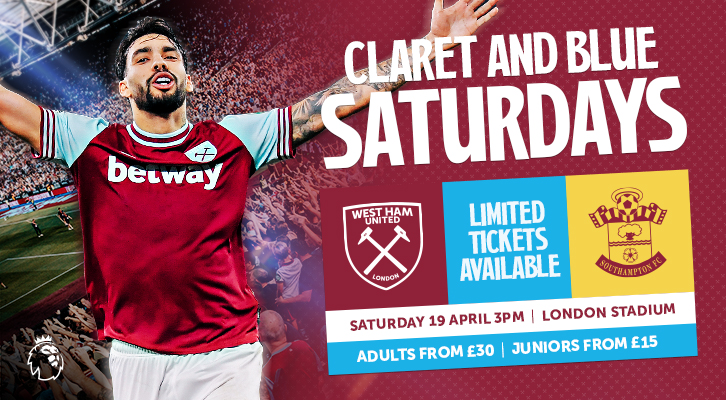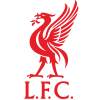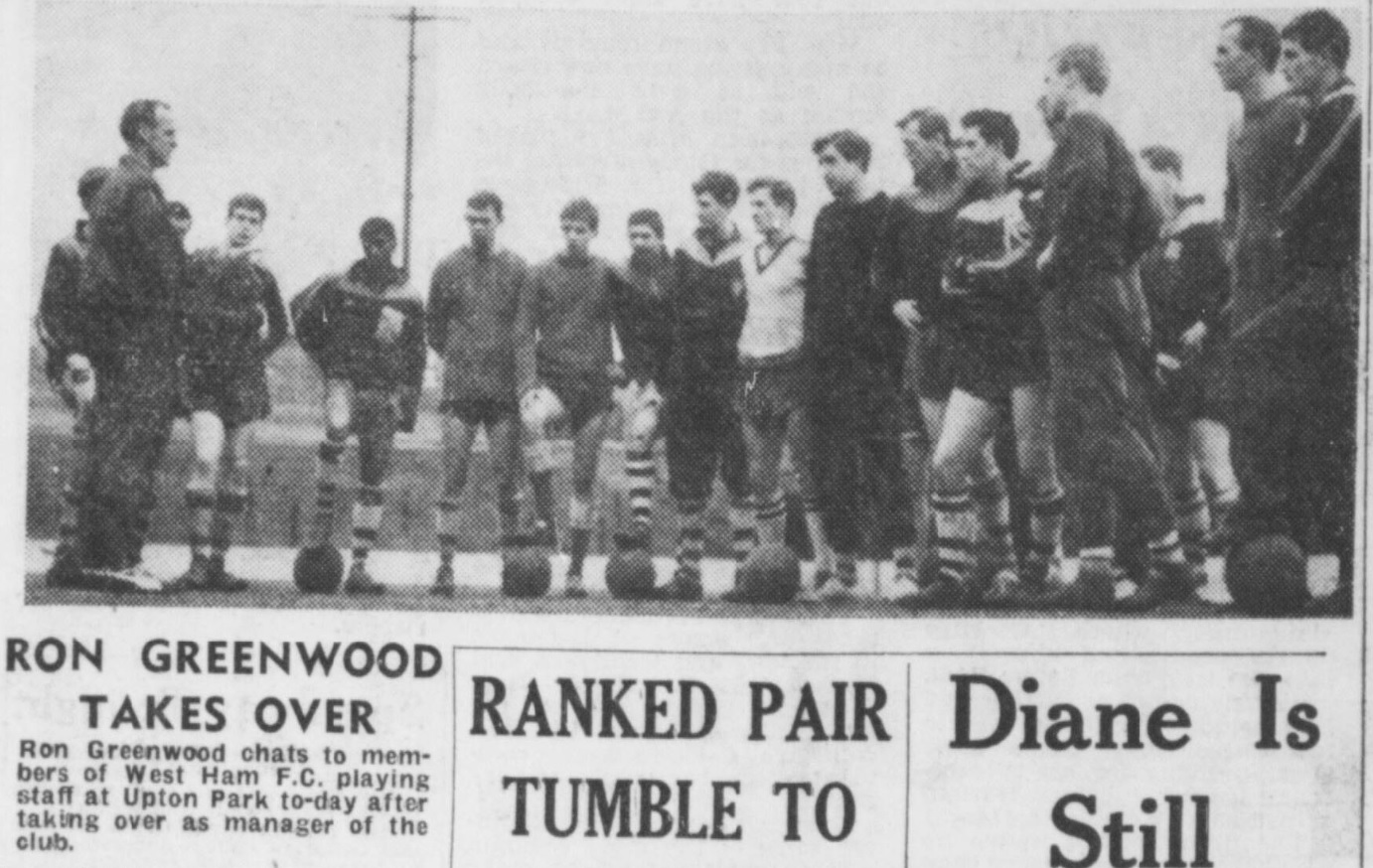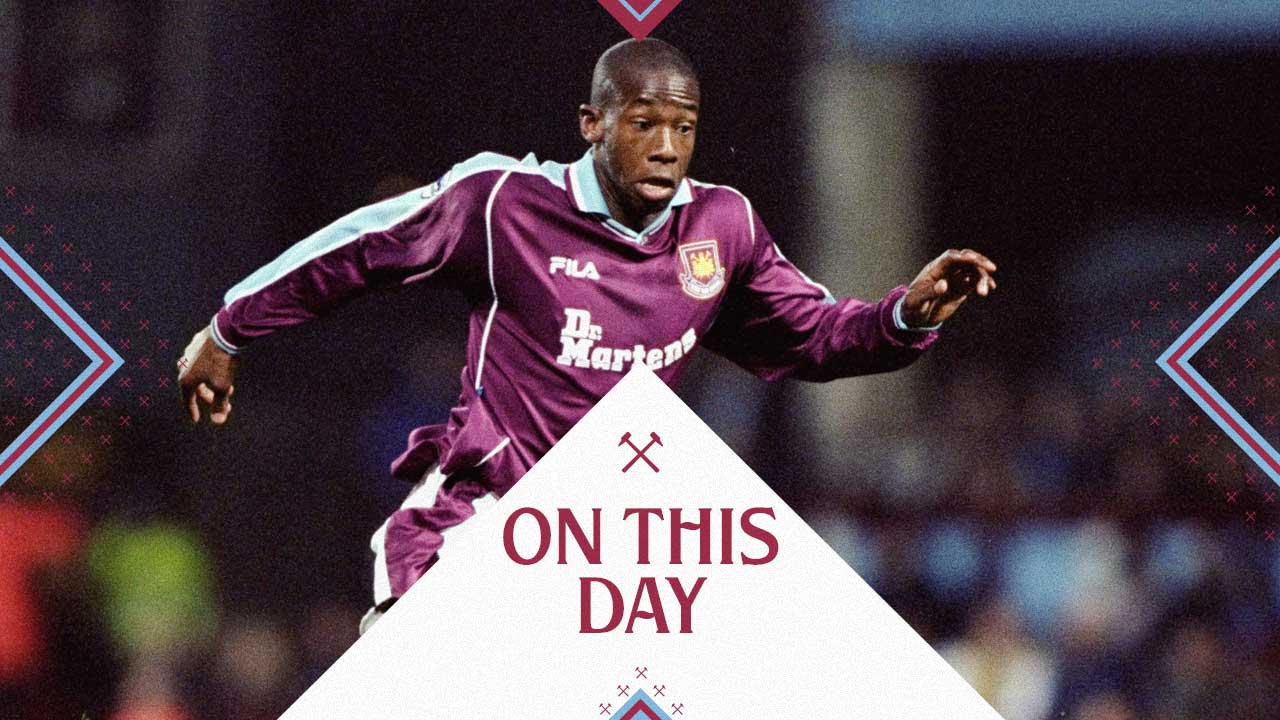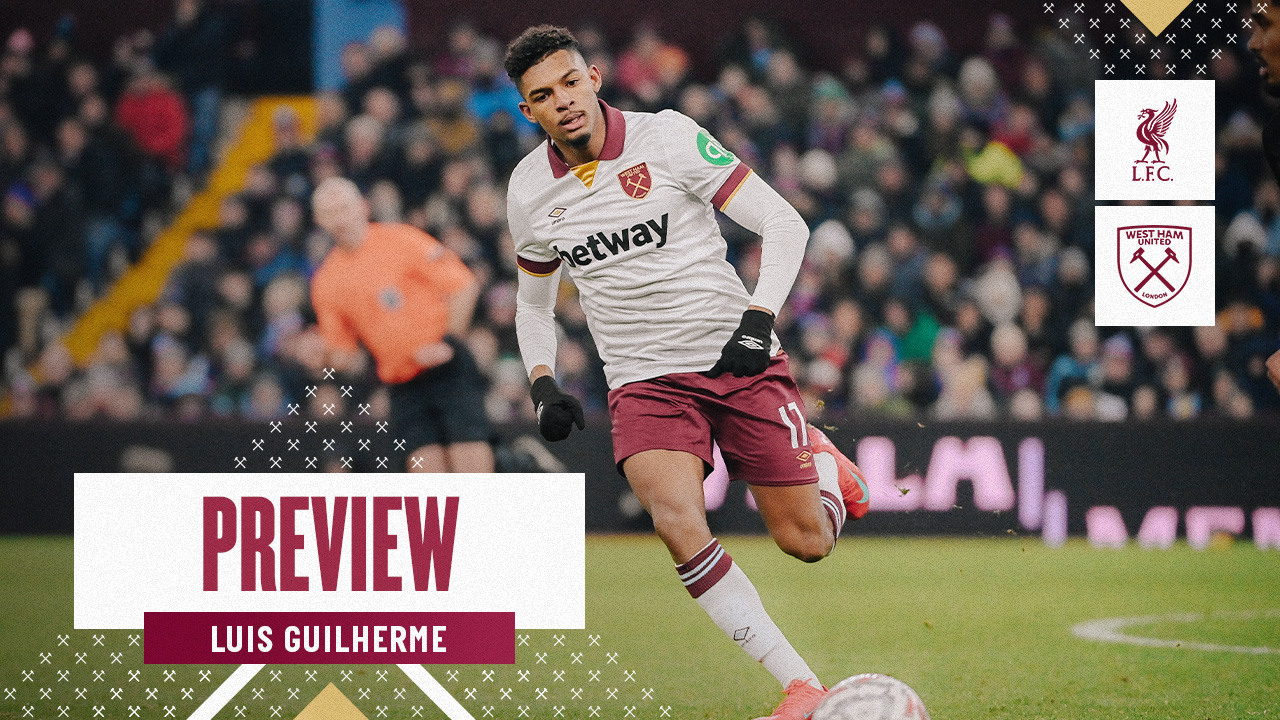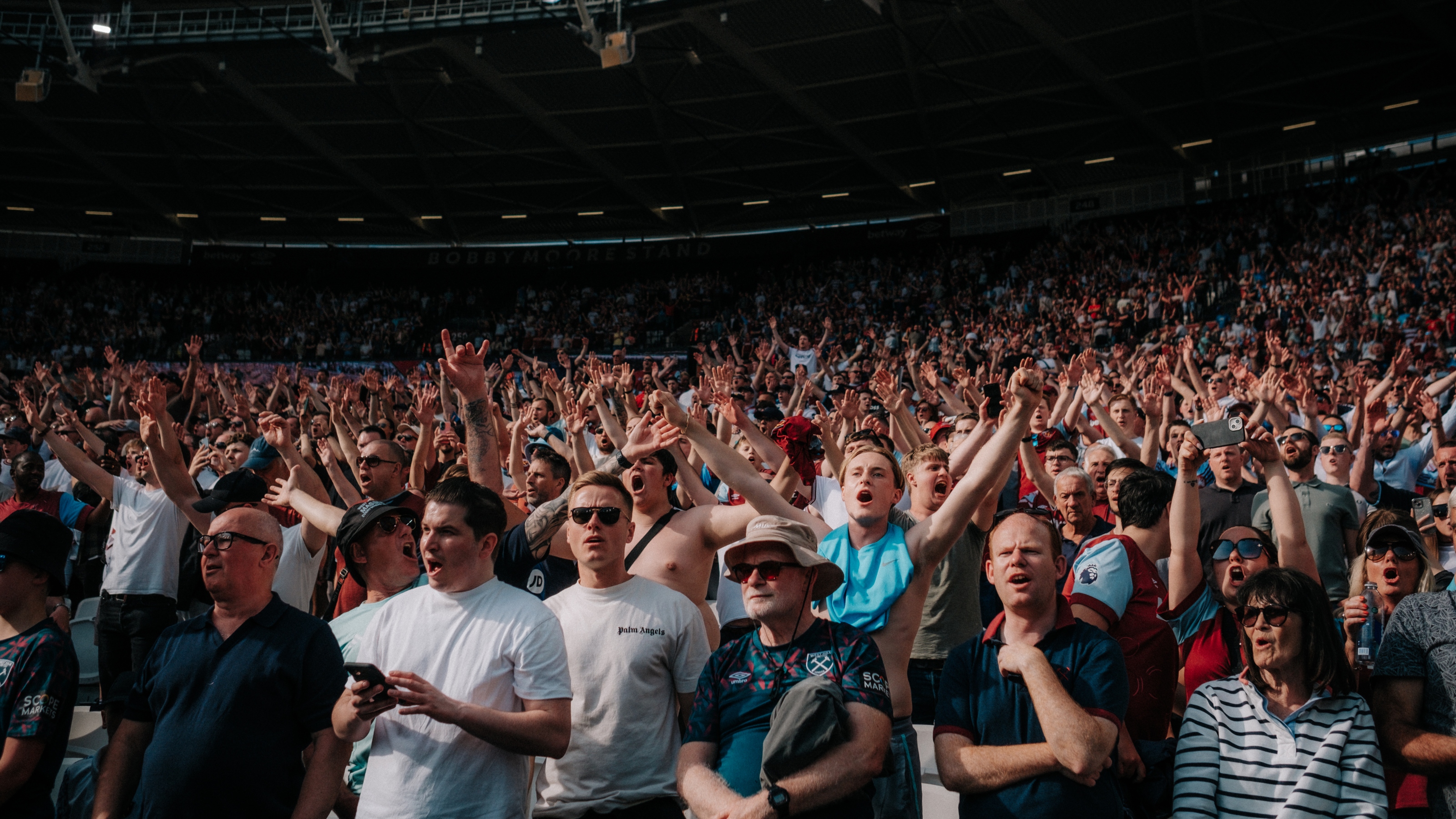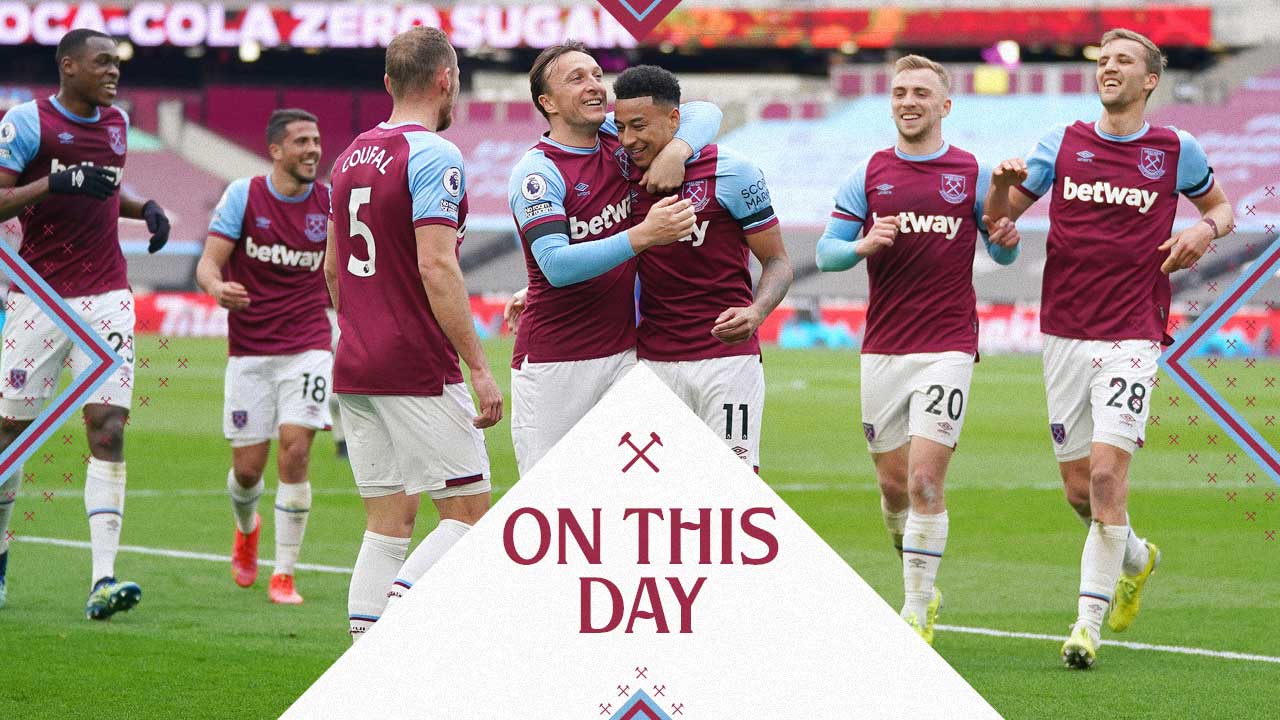The manager who led West Ham United to their first major trophies was appointed on this day in 1961 – but he might never have arrived in east London had Arsenal made more of an effort to keep him.
As a player, Ron Greenwood had won the First Division title with Chelsea in 1955, before joining Arsenal as assistant manager to George Swindin two years later in December 1957, just a month past his 36th birthday.
Greenwood combined his work at Highbury with a role with the Football Association coaching England’s U23 side, where he worked with many of the players who went on to lift the FIFA World Cup in 1966, including West Ham’s own Bobby Moore.
In March 1961, having initially been placed on sick leave, Ted Fenton left his role as Hammers manager on the same night England played a practice match against West Ham at the Boleyn Ground, losing 1-0, with another future World Cup winner, Geoff Hurst, scoring the only goal of the game.
In his autobiography Yours Sincerely, Greenwood revealed how England manager Walter Winterbottom planted the first seeds in his mind about moving across the capital to Upton Park the very next day.
“He asked: ‘Would you be interested in the job at West Ham?’.
“’I’m happy at Arsenal’, I said. ‘In any case, if they’re going to sack people like they did last night it’s obviously not a happy club’. I promptly forgot all about this exchange.”
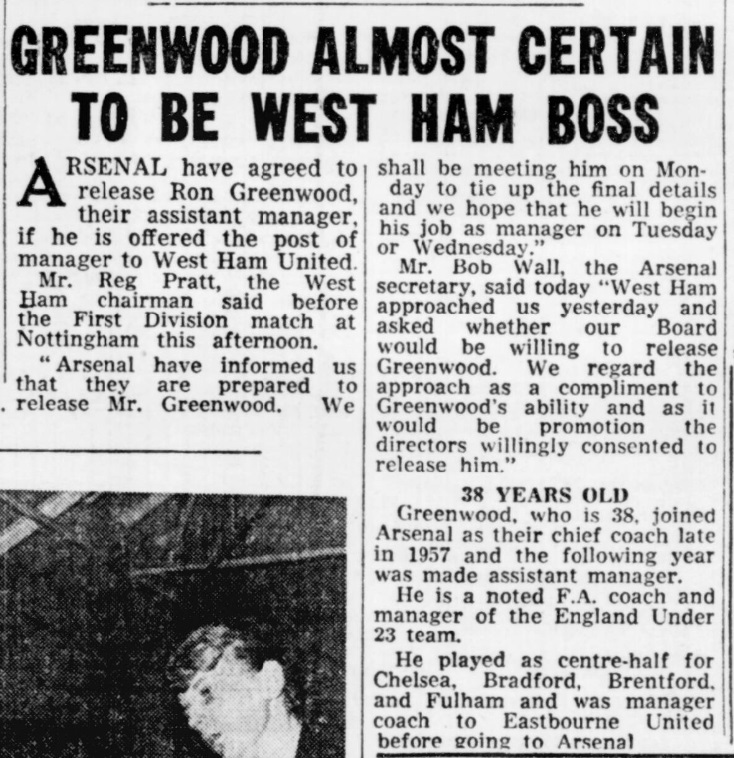
A few weeks later, Greenwood had just finished coaching schoolboys at Highbury when Arsenal’s club secretary Bob Wall approached him.
Wall also issued a public statement that was published in evening newspapers across the country on Saturday 8 April, in which he said ‘We regard it as a compliment to Greenwood’s ability and as it would be a promotion the directors willingly consented to release him’.
Greenwood explained in his autobiography how three days later, on Tuesday 11 April, he visited the Boleyn Ground and the deal was concluded.
“’Mr [Reg] Pratt, the West Ham chairman, has been on’, he said, ‘and he’s wondering if he can approach you with a view to you becoming their manager’. I told him I thought my future was with Arsenal and asked him if [Arsenal manager] George Swindin knew about the offer.
“’Well…. yes’ he replied, and then added: ‘You know, I think this job may be of interest to you’. He was painting a glowing picture of Mr Pratt and it was obvious he knew him well. I got the message loud and clear. ‘All right’ I said. ‘I’ll pop across to see him’.”
“I drove across to West Ham on the Tuesday morning and met Reg Pratt and his vice-chairman, Len Cearns, members of two families who were West Ham. We talked in a little private room just off the old Upton Park Boardroom, and I must confess that when I sat down I did not have any firm notions about the job or the club. They came straight to the point and said they wanted me to become West Ham’s manager-coach. I was perfectly frank with them and said I was enjoying my job with Arsenal and the England Under-23 side, and that the decision facing me was a difficult one. ‘But if I do take the job’, I added, ‘I would want full control of all team matters and no interference’.”
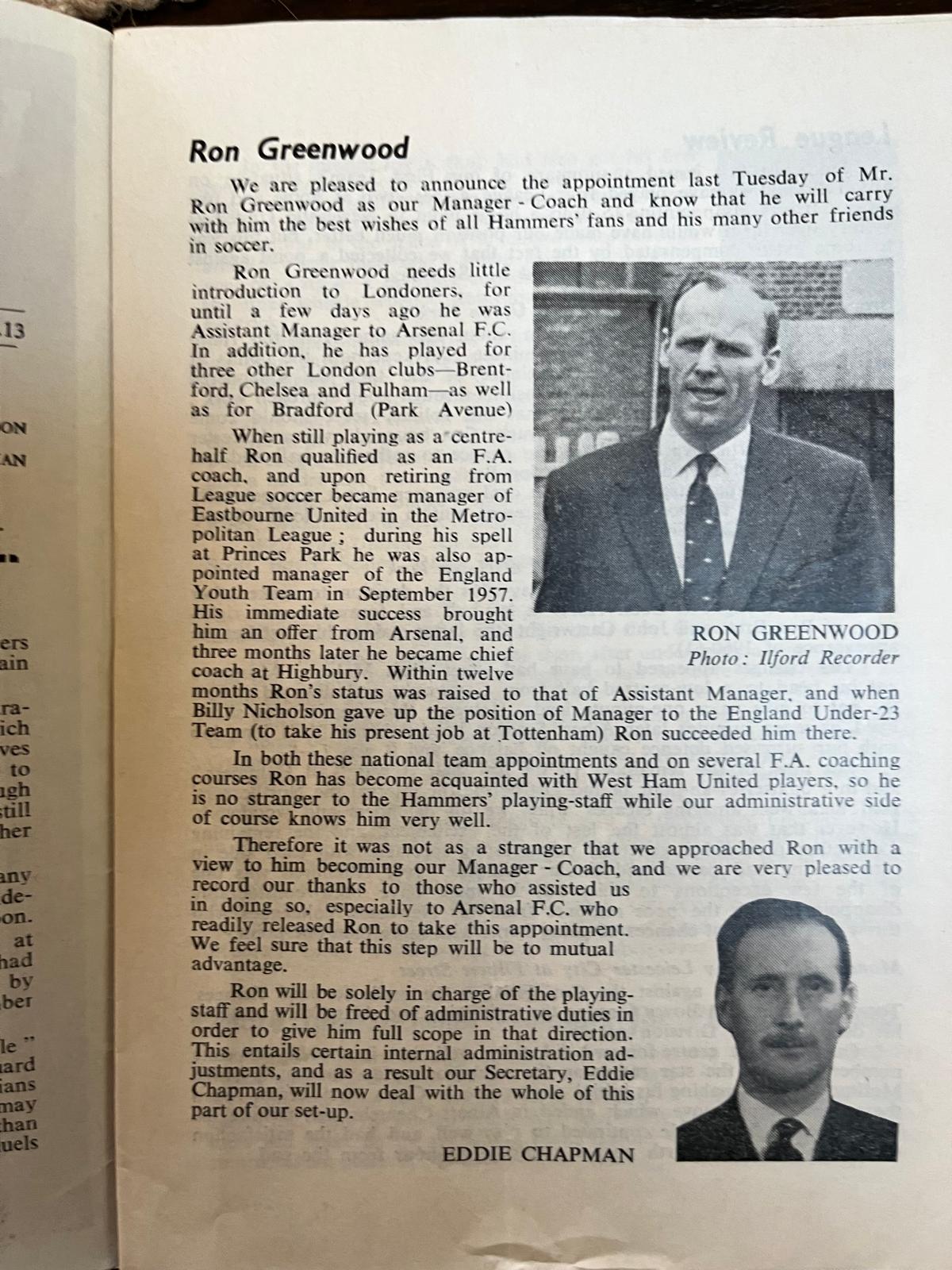
Greenwood was offered an annual salary of £2,000, revealing he was ‘more interested in the possibilities of the job than the money’ and how he ‘started thinking about the many promising young West Ham players’ he had met.
“It was obviously an area rich in talent and, with the two West Ham directors talking with sense and enthusiasm, I began to warm to the job.”
After talking to his wife, Lucy, and following a conversation with Arsenal chairman Sir Bracewell Smith which left him feeling like the Gunners had ‘made no attempt’ to keep him in north London, Greenwood’s mind was made up.
“I told West Ham I would be delighted to be their manager.”
In his book, Greenwood admitted he had been initially 'reluctant' to leave Arsenal and 'doubtful' about the opportunity to join the Hammers – 'a club I knew little about' – but concludes that 'things worked out rather well'.
Greenwood took his first training session at the Boleyn Ground on Wednesday 12 April 1961, but many supporters will not realise the real significance of that date in West Ham’s history.
For, in a story printed in the Daily Express on Thursday 13 April, a 20-year-old Bobby Moore is quoted as saying that he had been ‘thinking about asking for a move’ due to West Ham’s recent struggles but, following a discussion with his new club manager and now former England U21 coach, Moore committed his future to the Hammers, saying ‘things are different now’.
The following day, the Evening News reported that Greenwood was working for West Ham ‘without a contract’, having simply made a gentlemen’s agreement with the club’s Board, as his predecessor Fenton had done.
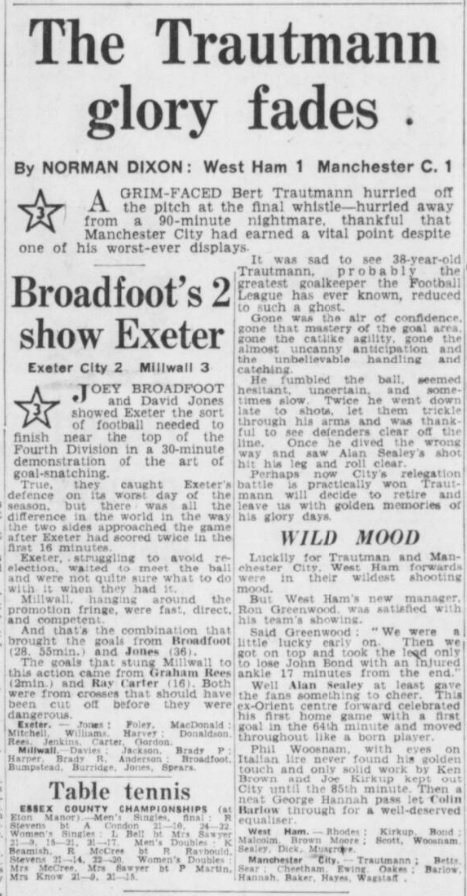
The new manager’s first game in charge was played on Saturday 15 April at home to Manchester City. An expectant crowd of 17,982 saw a relatively unknown 18-year-old named Alan Sealey score his first goal for West Ham in a 1-1 draw. A little over four years later, the same player would score both goals to seal Greenwood’s greatest victory, 2-0 over TSV 1860 Munich in the European Cup Winners’ Cup final.
The 1960/61 season ended with Greenwood still awaiting his first win, with draws at Burnley and Cardiff City followed by a final-day home defeat by Burnley.
The first three games of 1961/62 also failed to produce a victory before, finally, on 28 August 1961, goals from Sealey and Tony Scott scored a 2-1 First Division win over Double winners Tottenham Hotspur at the Boleyn Ground. The Ron Greenwood era was up and running.
West Ham would finish the 1961/62 season in eighth place, scoring 76 goals, but conceding 82. It would be a sign of things to come.
Over the next decade, West Ham would win an FA Cup, European Cup Winners' Cup and share a Charity Shield, reach the League Cup final, produce three members of England's 1966 FIFA World Cup-winning squad and score hundreds upon hundreds of goals, but never come close to winning the First Division title, all while playing some of the most entertaining, expansive football anywhere in the world.
Ron Greenwood’s Hammers really did play the ‘West Ham way’.
